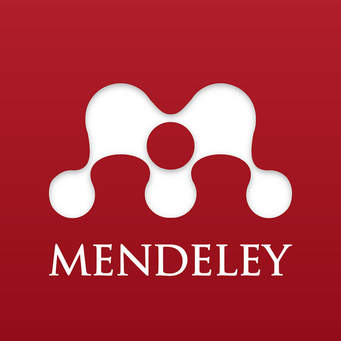EXPLANATION THROUGH THE MEDIA OF CULTURAL FIGURE BAYAN (WETUTELU) ON KNOWLEDGE OF MOTHERS TO CHILDREN ABOUT BALANCED NUTRITION MESSAGES
Abstract
Background: One of the efforts to overcome nutritional problems is to increase knowledge about nutrition through nutrition counseling. Learning can be influenced by education. People with higher education tend to have a broader understanding and an openness to accept new things. Meanwhile, someone with low education tends to have old thinking patterns and is less open to new things, including powerful areas in holding their customs. One way to influence the community's mindset in such conditions is to use a trusted communication facilitator who can be a role model for the community. So that in this study, the role of traditional leaders is used so that the community is more receptive to the material presented.
Objective: To determine the effect of counseling through the media of Wetu Telu Bayan traditional leaders on the knowledge of mothers of children under five about the message of balanced nutrition.
Methods: This research is a pre-experimental study that allows testing the changes after the intervention. The research design used is a one-group pre-test-post-test design.
Result: An increase in knowledge scores in the form of differences in scores from pretest to post-test. Analysis using Wilcoxon regarding the effect of counseling on balanced nutrition messages by traditional leaders on the knowledge of mothers of children under five, the results were p = 0.00 or p <0.05, meaning that there was an effect.
Conclusion: There is an effect of counseling through the media of Wetu Telu Bayan traditional leaders on the knowledge of mothers of children under five about the message of balanced nutrition.
Full Text:
PDFReferences
Astika. (2017). Improved Knowledge and Behavior of Balanced Nutrition Using Peer Education Methods, 11(2), 116–123.
Cut, R. Azria, & Husnah. (2015). Effect of nutrition counseling on knowledge and behavior of mothers about balanced nutrition for toddlers in Banda Aceh. The Effect of Nutrition Counseling on Mother's Knowledge and Behavior About Balanced Nutrition for Toddlers in Banda Aceh City, 1 (2016), 87–92.
Di, S., Duasudara, K., Ranowulu, K., & Bitung, K. (1945). The Role of Traditional Leaders in Increasing Development Participation, 1–17.
NTB Health Office. 2015. Health Profile of West Nusa Tenggara Province. Mataram: West Nusa Tenggara Health Office.
Directorate of Public Nutrition Directorate General of Public Health. Status Monitoring Pocket Nutrition and Nutrition Performance Indicators 2017. Jakarta Ministry of Health RI; 2017.
Eka. (2013). The Role of the Customary Head in the Socialization of the Family Planning Program in Pampang, Sungai Siring Village, Samarinda.
Khotimah, K. (2015). The Role of Religious Leaders in the Development of Social Religion in Banyumas. IAIN Purwokerto.
Lukman. (2013). Socio-Cultural Factors and Community Orientation in Treatment.
Notoatmodjo. (2003). Health Education and Behavior. Jakarta: Rineka Cipta.
Safitri, M. (2011). Relationship Factors Knowledge, Attitude, Education, Socio-Cultural, Family Economics and the Role of Health Officers on the Low Provision of Exclusive Breastfeeding. Faculty of Medicine, Syiah Kuala University.
DOI: https://doi.org/10.32807/jgp.v7i1.349
Refbacks
- There are currently no refbacks.
Copyright (c) 2022 Jurnal Gizi Prima (Prime Nutrition Journal)

This work is licensed under a Creative Commons Attribution-ShareAlike 4.0 International License.
Address:
Jurnal Gizi Prima (Prime Nutrition Journal) 2656-2480 Kampus A Poltekkes Kemenkes Mataram, Jurusan Gizi, Jl. Praburangkasari Dasan Cermen Sandubaya Mataram.





